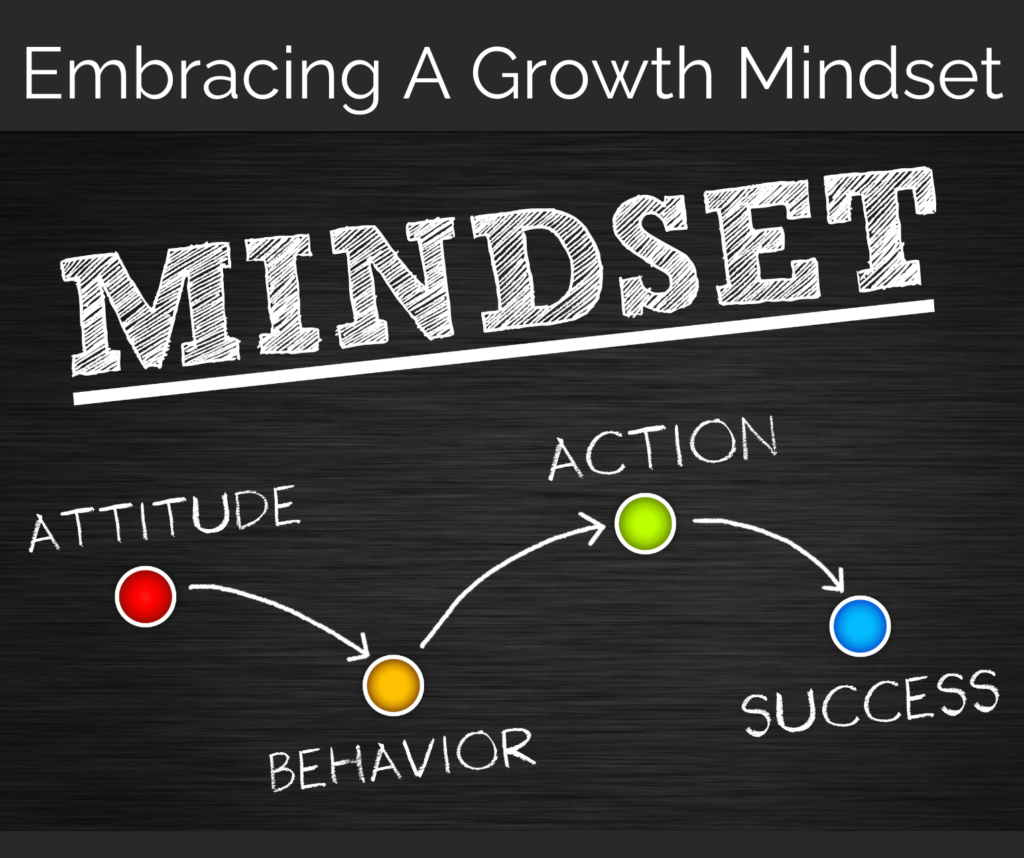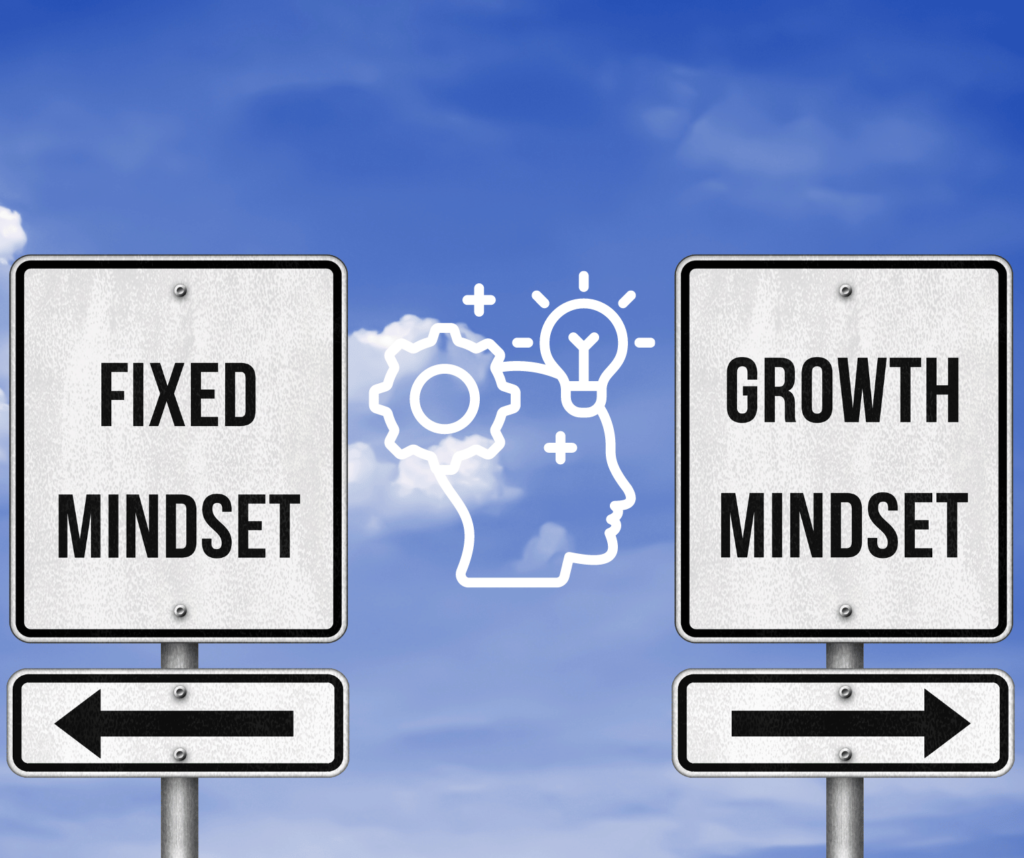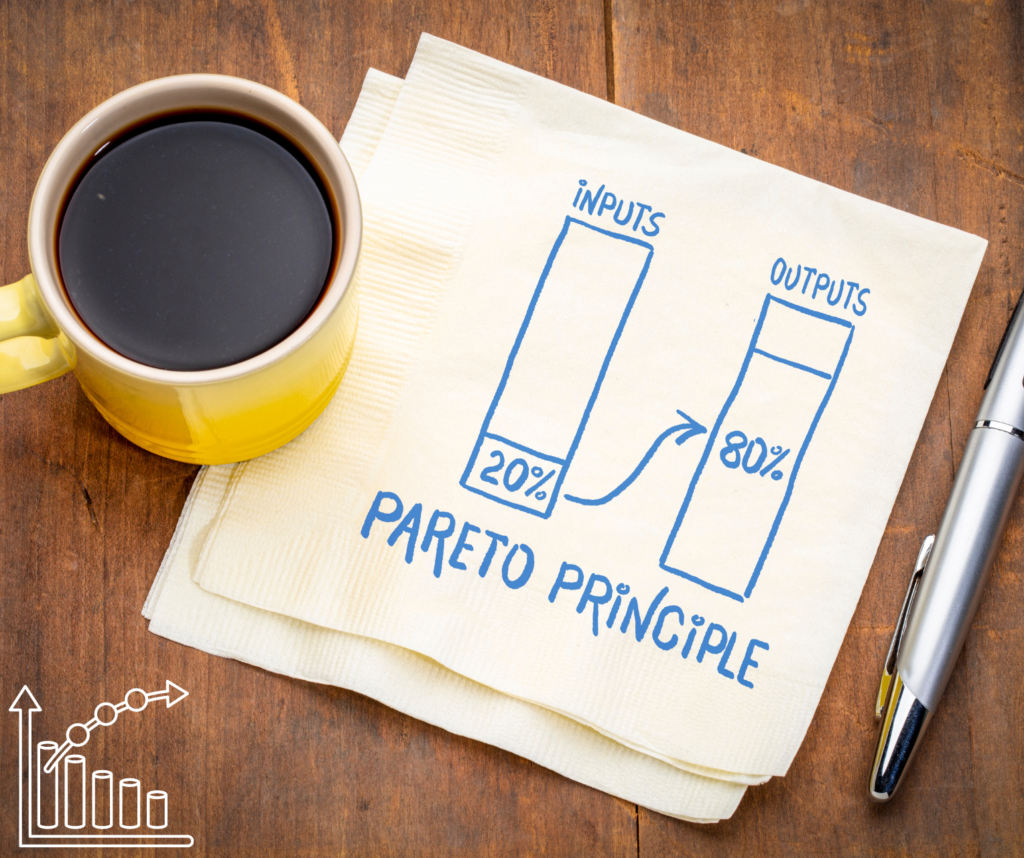Embrace a Growth Mindset: The Key to Unlocking Continuous Learning and Personal Development

In a world that is constantly changing and evolving, the ability to adapt and grow is crucial. Embracing a growth mindset, a concept popularized by psychologist Carol Dweck, can empower you to see challenges as opportunities rather than obstacles. This mindset is not just a philosophy but a practical approach to life that aligns perfectly with the principles of continuous learning, practical mindset strategies, and even the timeless wisdom of stoicism. By cultivating a growth mindset, you open yourself up to endless possibilities for personal and professional development.

How It Works:
- Adopt the Right Attitude: At its core, a growth mindset is about believing that your abilities and intelligence can be developed with effort, learning, and persistence. It is the opposite of a fixed mindset, where people believe their qualities are set in stone.
- Embrace Challenges: Instead of avoiding challenges out of fear of failure, see them as opportunities to learn and grow. Every challenge is a stepping stone toward your goals.
- Learn from Criticism: Constructive criticism is not a personal attack; it is a valuable source of feedback. A growth mindset encourages you to learn from others’ insights and experiences.
- Persistence is Key: Success is not about being perfect from the start; it is about continuous improvement. Keep working towards your goals, even when progress seems slow.
The Psychological Edge:
Embracing a growth mindset aligns with broader theories of human development, such as Maslow’s Hierarchy of Needs and the model of Spiral Dynamics. Maslow’s theory suggests that personal growth is essential for reaching self-actualization, the highest level of psychological development where an individual realizes their full potential. Spiral Dynamics, on the other hand, is a model of human development that explores how people evolve through different stages of consciousness, each representing a more complex way of thinking and engaging with the world.
From a practical standpoint, a growth mindset fosters resilience and adaptability, traits that are highly valuable in both personal and business contexts. By viewing challenges as opportunities to learn, you maintain a sense of control and purpose. This perspective is also central to stoicism, which teaches that while we cannot control external events, we can control our responses to them. A growth mindset is therefore an ideal complement to stoic practices.
Tips for Successful Implementation:
- Embrace Lifelong Learning: Continuously seek out new knowledge and experiences. Whether through formal education, reading, or real-world experiences, never stop learning.
- Surround Yourself with Growth-Minded People: Engage with others who share a growth mindset. This positive influence can reinforce your own beliefs and behaviors.
- Reflect on Your Progress: Regularly take time to reflect on what you have learned and how you have grown. Celebrate your successes and use setbacks as learning opportunities.
Conclusion:
A growth mindset is more than just a positive outlook; it is a powerful tool for personal and professional development. By adopting this mindset, you can overcome challenges, embrace continuous learning, and achieve your full potential.
Combining Techniques for Optimal Personal Growth:
Pairing a growth mindset with other strategies, such as the Pomodoro Technique and the Pareto Principle, can supercharge your productivity and personal development. While a growth mindset helps you embrace challenges and learn continuously, the Pareto Principle guides you in focusing on what truly matters, and the Pomodoro Technique ensures sustained, focused effort. Together, these approaches can help you achieve your goals more effectively.
For more insights on productivity and personal development, check out our articles on the Pomodoro Technique and the Pareto Principle. By combining these powerful strategies, you can unlock new levels of efficiency and growth.



